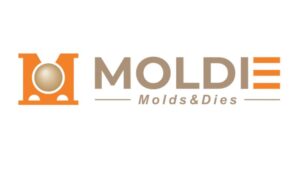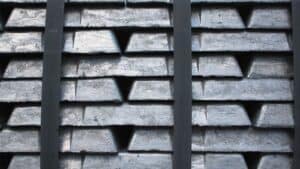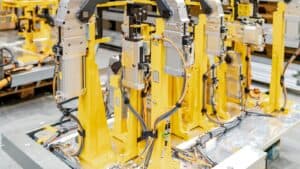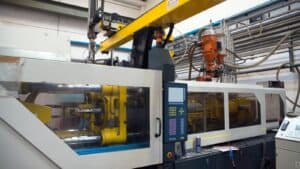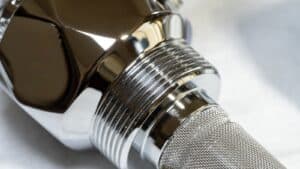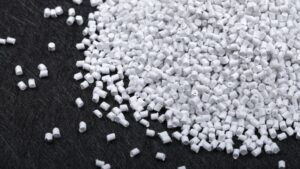One of the best materials for injection molding is polyethylene. However, there are some differences in the outcomes when LDPE and HDPE are used for the process. This is due to polyethylene’s excellent features that always make it possible to get the best outcomes after injection molding.
We have observed a growing trend where many manufacturers use PE injection molding, and there are questions. We see that many people are not certain about injection molding polyethylene.
Therefore, they try different things and get inconsistent results. To help our readers, we have identified some of the essential factors to consider when injecting polyethylene into a mold.
What Can Be Made From Injection Molding Polyethylene?
Generally, polyethylene is excellent for producing sheets of plastic. These sheets can be further manipulated to form a wide range of products. So many products are obtained through this process, that is why it is becoming popular.
Similarly, through polyethylene molding, we have seen manufacturers develop some of the best plastic films currently available in the market. These products are of top quality.
However, we should note that the quality of PE products depends on the injection molding process. This is why we have thought it necessary to highlight the factors that can influence the outcome.
Chemical Composition of Polyethylene
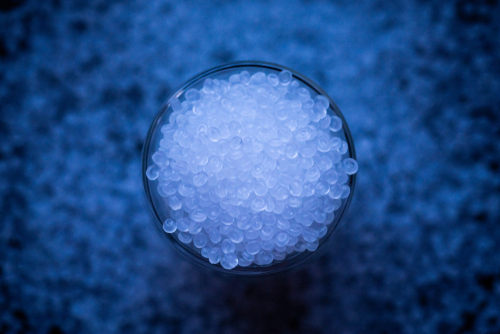
The top properties that make polyethylene injection molding successful are linked to its chemical composition. The polymer has outstanding thermodynamic properties.
This means it can withstand high temperatures without degradation. The high thermal tolerance of PE makes it among the top best materials for injection molding.
Considering that keeping both the molten plastic and mold hot is necessary, this is a good feature and guarantees the best injection molding results.
PE Elasticity
Another reason why polyethylene injection moulding is an excellent idea is that the material has a low elasticity level. This is a good feature because it helps prevent situations such as sink marks that can ruin the plastic product manufactured through injection molding.
The elasticity of this material helps to check the shrinkage rate while it is cooling after injection moulding. Therefore, it is unlikely that there will be uneven areas in the mold.
However, we do not regard elasticity as an ultimate factor that determines the injection molding polyethylene outcome. But it is worth mentioning.
Products made from injection molding polyethylene
We have found a long list of products that have been designed-made and are now sold in the market. These products are usually ordered in bulk, which is not a problem considering that injection molding polyethylene is the best option for mass-producing plastic products.
Currently, we know that this plastic-making process is used to manufacture products such as toys, tool handles, bottle caps. These products are made with safety equipment for industrial use and all types of waste collection bins. We know you will agree that these plastic products are highly durable and safe for users.
Factors that influence injection moulding polyethylene
The melting temperature
It is crucial to understand how the material melts and at what temperature. Knowing the exact melting temperature is the best way to make proper plans for solidification.
Polymers usually melt at different temperatures, especially when these materials are classified as thermoplastics. In this case, we know that PE will not degrade into a gaseous form under heat. Therefore, it is essential to identify the temperature when it is in fluid form.
We have confirmed that PE has a lower melting temperature when compared to many other polymers. This is an advantage because while converting it to a fluid state, there will hardly be degradation that negatively impacts the environment.
Additionally, the low melting state allows the fluid polyethylene to flow into the mold without any problems. If only many other polymers were easy to work with, the industry would be a happy place for all manufacturers.
The mold features
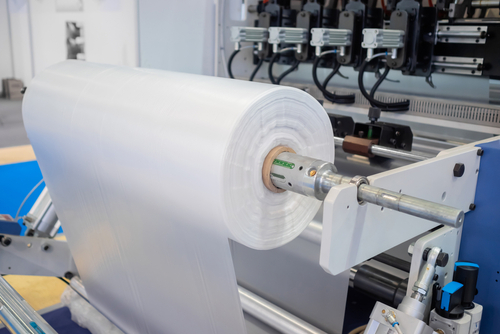
It is also essential to use the right mold for injection molding. The mold determines the features of the product. And there are so many types of molds.
Essentially, you should focus on using an injection mold that has a high thermal tolerance. It is also possible to order your custom-made molds according to your specifications.
In that case, you can decide on the particular features that your mold should have before use.
Please note that you may need to use special molds depending on the PE you are using. This means if your project involves HDPE or LDPE, the injection molding polyethylene process will vary.
The thickness of the plastic product
We have mentioned different products that can be made through PE injection molding. If you know these products, you will agree they have different thicknesses.
That means the injection molding process for each of these products was different. With that in mind, you should establish the proposed thickness of the product you plan to make.
This information will help you decide when you are choosing the mold for the job. Also, you can know whether it is best to use LDPE or HDPE because both grades of polyethylene have different properties.
The injection molding machine
In the market, you will find different types of injection molding machines. But making the best choice can be a problem if you don’t know much about these machines.
Before buying the injection molding machine, some essential points include the tonnage, shot size, ejector stroke, and tie bar spacing measurement. These factors can influence the molding process.
Therefore, you should speak with experienced engineers. Ask about these machines and get suitable recommendations for the type of injection molding you want to do.
The fact that polyethylene goes into its fluid state under heat is why it will always be in demand for injection molding. Therefore, getting the best results depends on your preparation and experience.
Please feel free to use the information in this post to continue making high-demand plastic products from PE. For more information or inquiries, please contact us.

